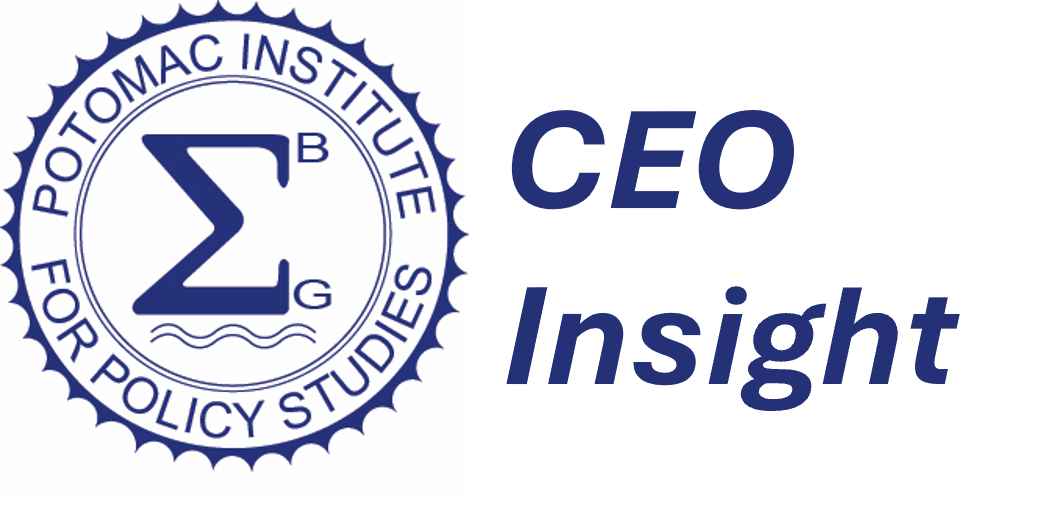
- Jennifer Buss
9/11 Reflections and Today's Strategic Challenges
- Jennifer Buss
It's hard to believe yesterday marked 24 years since we were attacked on the homeland. For the last two decades we vowed to prevent any other attack, keeping any further aggression overseas.
We went to war on an ideological concept, not just a group of people, not a contained population, not a single leader, nor a country. We approached it with physical aggression, won battle after battle, and eventually ran out of steam. The prolonged fight depleted our energy and resources. Like the famous boxing match between Foreman and Ali, we came in swinging and ultimately lost. We were unable to continue to withstand the presence required to keep the peace.
Meanwhile in the decade before 9/11/2001, we had pledged to help a struggling China become an industrialized country. In a different thread on what feels like a different timeline we sent our business to China to reduce our costs, to encourage profit, and create lasting partnerships between the two countries. There was nothing competitive in nature at the time - the competition was within the US for companies to generate more profit.
And when the planes hit the towers and the Pentagon, we stopped looking for other threats. We turned inside to look for other individuals that had similar profiles to those pilots. We reacted out of fear; there was only one (collective) enemy. For almost two decades, we saw red and didn't look up and around. Who else was (or is) sitting and waiting for their opportunity, for their opening?
Businesses continued to leverage manufacturing in China. And the CCP watched, and they learned, and gladly accepted our money. We were proud of what we had enabled China to do. Happy with cheaper prices, higher ROI on US investments, and more tech. We did not pause to reflect on the risk their growth posed as a long-term hazard to the very companies (and thus profits) that sent work their way. The US economy fueled China's growth, ultimately to create the beast we're fighting today.
Over the last few years, we've learned about ways that the CCP is taking advantage of the US free market. The encroachment came over decades, slowly but surely consuming almost every aspect of the US economy. Our financial stability is so reliant on China's trade, that we can't begin to untangle our engagement, even when the harm is obvious and the stakes are high.
As I reflect back on the state of affairs today, I can't help but revisit the Foreman vs Ali analogy. If China is planning their own attack on US soil, whether or not it's militant and physical, we're far from prepared. We likely won't have a 'planes hitting the towers' moment to define a pre- and post- state of affairs. Sitting back, embedding in the normalcy, blurring the lines from international engagement and espionage, and waiting for the right time to attack is the ongoing strategy. It's not if, but when, will the antagonist strike, and how much of a punch will remain from the defendant when the time comes to take action.
There are two sides to this coin: one where the US is the antagonist, and a second where China is the antagonist. While Chinese citizens are embedding themselves in US society, it is their government that is the hunter on the prowl, watching, observing, waiting for the time to strike. US didn't even know we were being watched until recently. A heightened sense of fear has kicked in, and the next moves of the US must be calculated to avoid being the captured prey.

